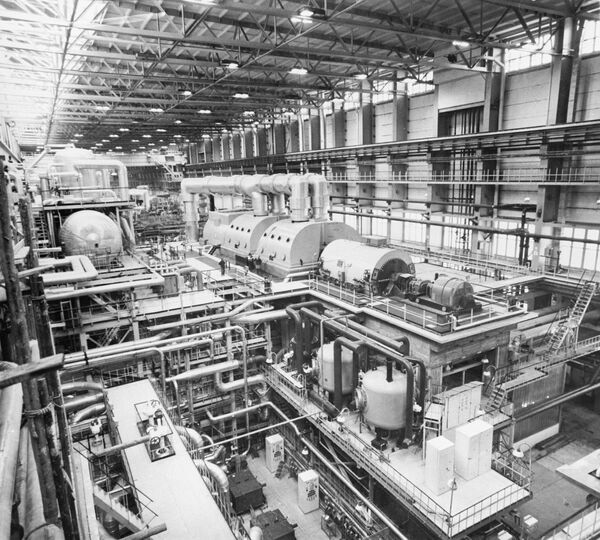MOSCOW, February 11 (RIA Novosti) – Hungary’s president has signed a bill into law to expand a nuclear power plant in the country with Russian assistance following protests against the deal, the country’s MTI news agency reported Monday.
Hungary signed a deal with Moscow last month for a 10 billion euro loan for Russia’s state-owned Rosatom to build two new reactor units with a combined production capacity of 2.2 megawatts at the country's only nuclear power plant.
The Paks plant, 100 kilometers south of Budapest, is a Soviet-designed pressurized water reactor that supplies over one-third of the country's electricity.
President Janos Ader signed the bill after reviewing its constitutionality and concordance with existing laws, MTI said, citing a presidential statement.
The country’s economic minister Mihaly Varga said that the loan would be paid back over two decades following the reactors coming online in 2023.
The ratification of the agreement last month spurred demonstrations by protesters who objected to the abandonment of an open tender process and the expansion of nuclear power in the country on environmental grounds.
President Ader turned down a request by opposition members to hold a national referendum over the expansion plans.
Last year, Ader signed off on a constitutional amendment that was condemned by international leaders as a step away from democracy for undermining the country’s constitutional court.
Foreign Minister Janos Martonyi has insisted that the nuclear deal is aimed at strengthening the country’s energy security and does not represent a pivot in relations with Russia.
Following the disaster at Japan’s Fukushima Daiichi plant three years ago, a number of countries have decided to curb nuclear power generation.
Germany announced two months after the disaster it would shutter all of its nuclear reactors – which generated about one-quarter of the country’s electricity – by 2022.




